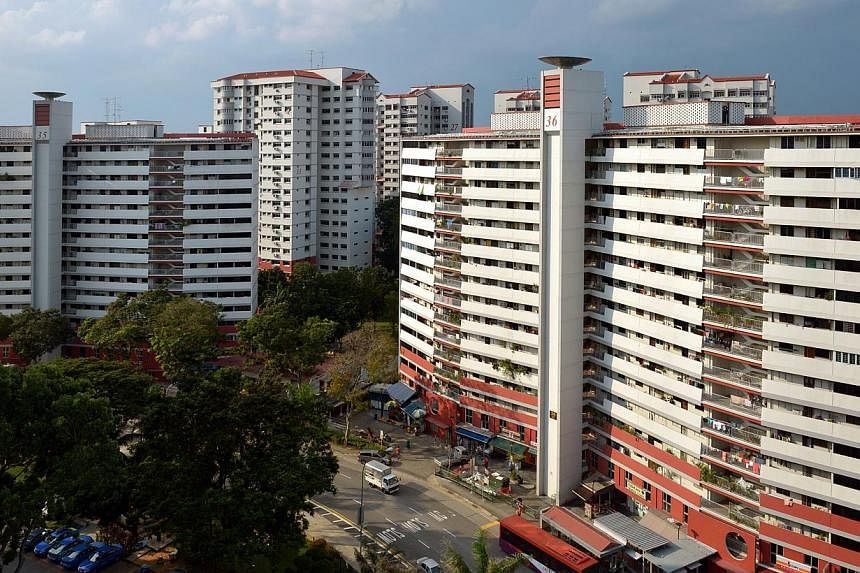SINGAPORE - The second most common type of dengue virus in Singapore has become a little bit more common here, especially in the Circuit Road area.
In Singapore, the two most common dengue viruses are type 1 and type 2. For the first eight months of this year, 82 per cent of dengue cases were of the type 1 strain and about 15 per cent were type 2. But in August, type 2 cases rose to 25 per cent and type 1 fell to 73 per cent.
"Those who have gotten dengue before should not let their guards down," said Ms Grace Fu, Second Minister for Water and Environment Resources and Foreign Affairs, on Thursday. If an ex-dengue patient has been infected with the predominant type 1 strain, this does not mean he has immunity against the type 2.
"It's still too early to call it a switch," said Ms Fu. "But we will observe the situation," she added.
The last time there was a switch in predominant dengue virus type was in March last year.
The Marine Parade Town Council, which is in charge of the Circuit Road cluster, has stepped up dengue prevention measures in recent months. It has flushed all drains in the area to prevent stagnant water pools that are ideal for mosquito breeding. It has also conducted fogging exercises and distributed insect repellent and educational materials to residents to make sure they are free of dengue.
"Although the Town Council has steeped up measures in common areas, we still want to remind residents to play their part and make sure there are no breeding grounds for mosquitoes in their own homes," said Member of Parliament for Marine Parade Constituency Tin Pei Ling.
More than 4,000 homes were sprayed with insecticide and 29 mosquito breeding sites, mostly in drains were destroyed. No breeding grounds were found at construction sites.

